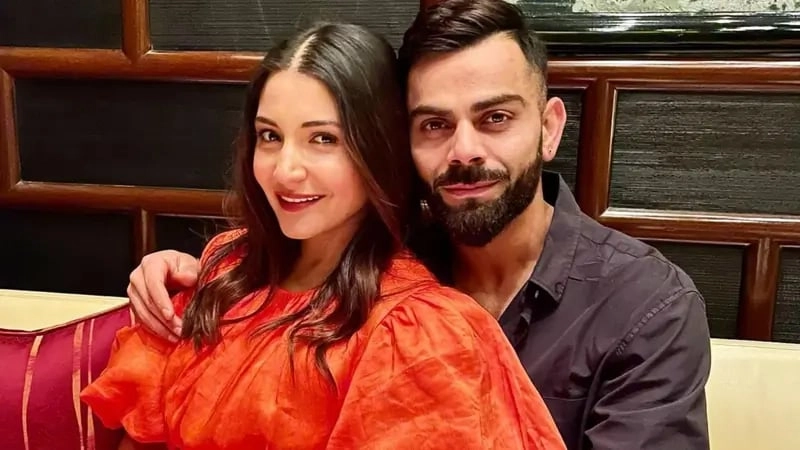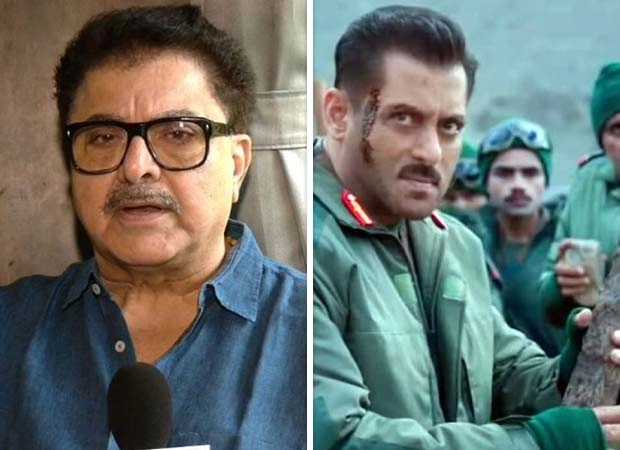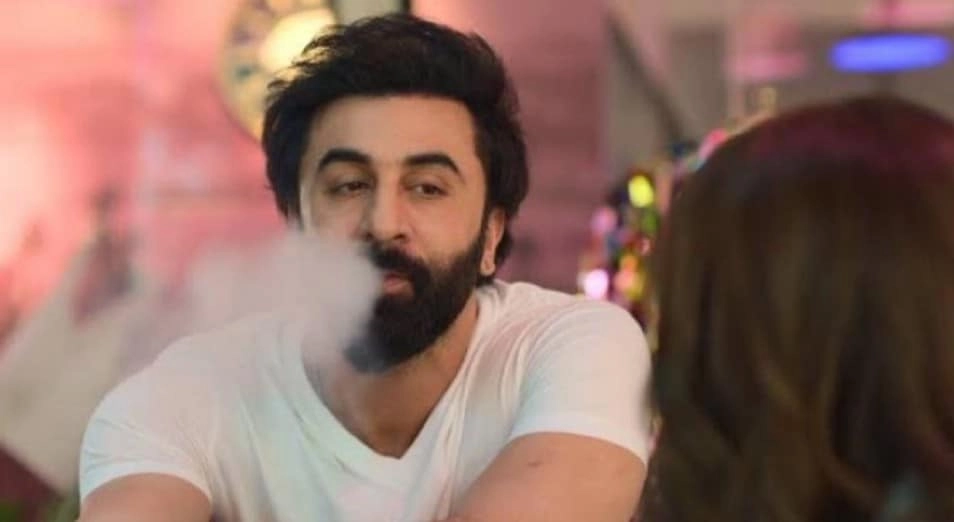In a recent exchange that has garnered significant attention, filmmaker Vivek Agnihotri has publicly responded to actor John Abraham’s comments regarding “The Kashmir Files.” Agnihotri, known for his controversial take on historical narratives, did not hold back in expressing his disdain for Abraham’s views, emphasizing that the actor lacks the qualifications to comment on such sensitive historical matters. Agnihotri’s film, which explores the exodus of Kashmiri Pandits during the 1990s, has been a topic of heated debate, and he believes that only those with genuine scholarly understanding should engage in discussions about historical events.
Agnihotri’s assertion that Abraham is “not a historian” underlines a broader concern about the responsibility of public figures when speaking on complex historical issues. This sentiment reflects a growing tension in the entertainment industry where celebrity opinions often intersect with serious socio-political matters. Agnihotri’s comments suggest that he feels strongly about the integrity of historical representation, particularly in the context of Kashmir, a region rife with conflict and differing narratives. He implies that casual remarks by celebrities can undermine the gravity of the subject and potentially mislead the public.
The clash between Agnihotri and Abraham highlights the challenges faced by filmmakers and actors when their work intersects with historical and political themes. In a world where media consumption is instantaneous and opinions are often formed rapidly, the impact of a single comment can reverberate widely. Agnihotri’s defense of his film and its portrayal of Kashmiri Pandits speaks to a deeper yearning for acknowledgment of their suffering and a desire to reshape the narrative surrounding this complex chapter in Indian history.
As the conversation continues, it raises important questions about the role of artists in shaping public discourse and the necessity for informed dialogue surrounding historical events. Agnihotri’s insistence on the need for expertise in discussing such topics reflects a call for more conscientious engagement in public discussions. Ultimately, this dispute may serve as a reminder of the power of storytelling and the responsibility that comes with it, especially when it involves the lived experiences of communities affected by conflict and displacement.




